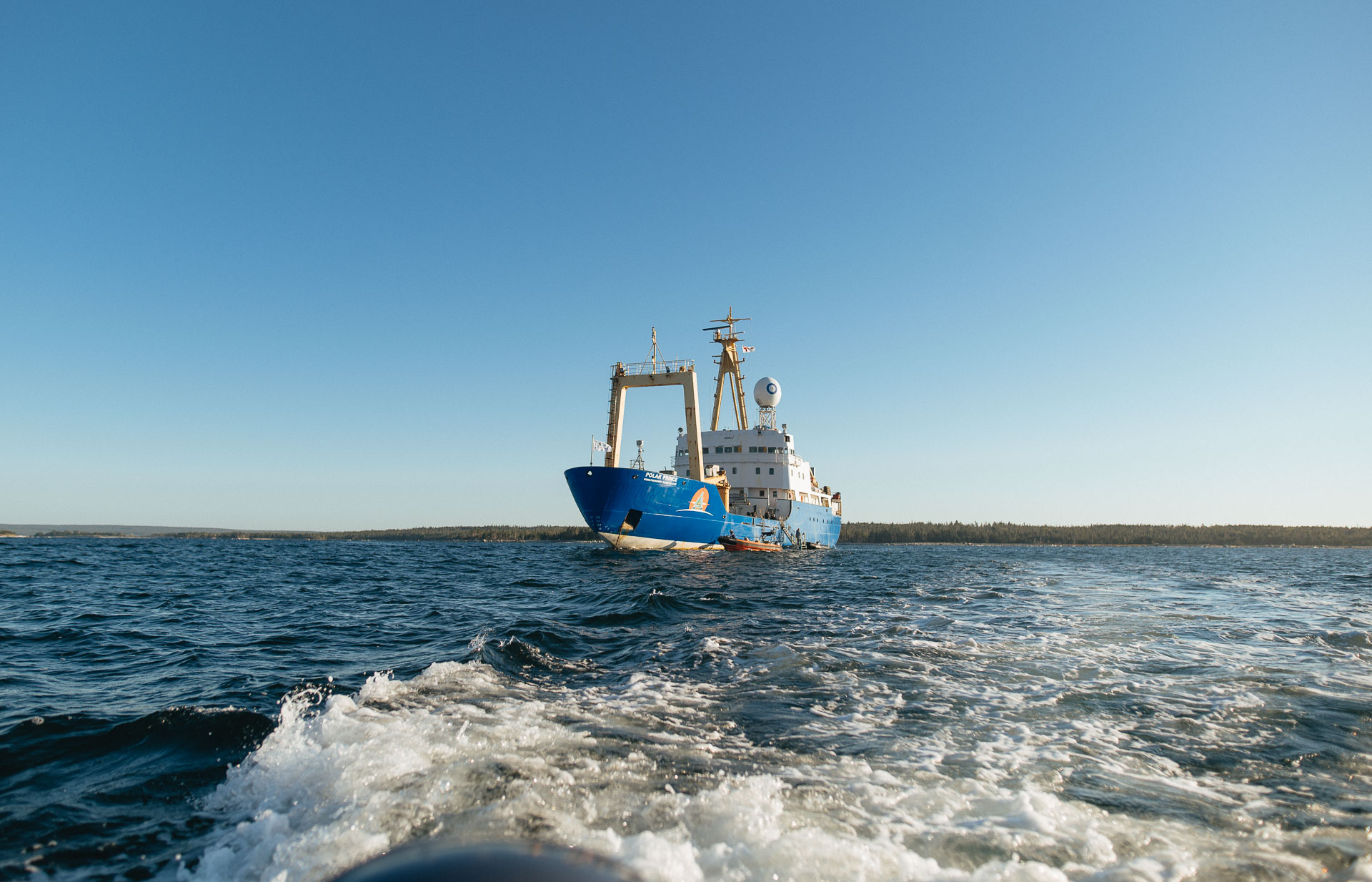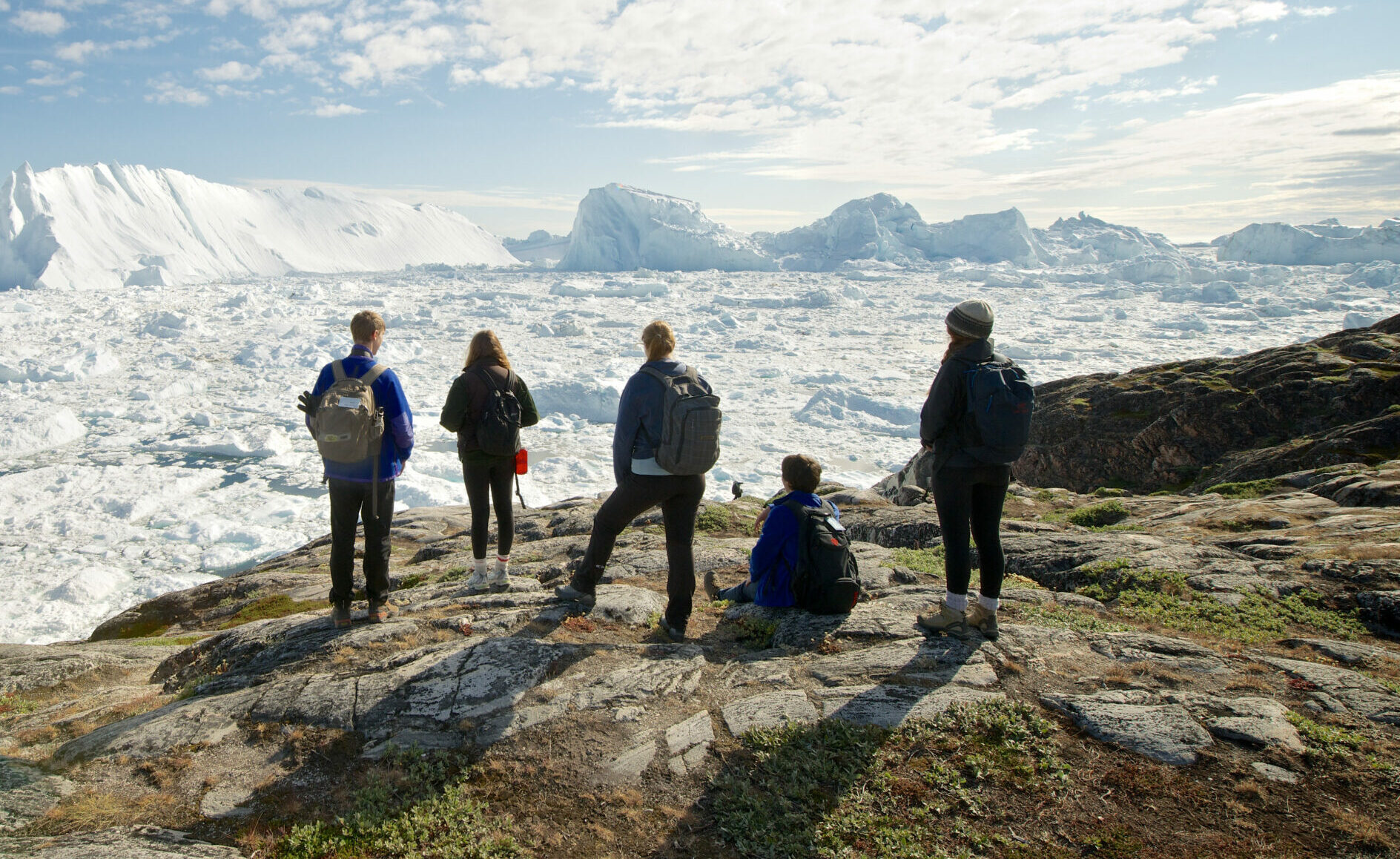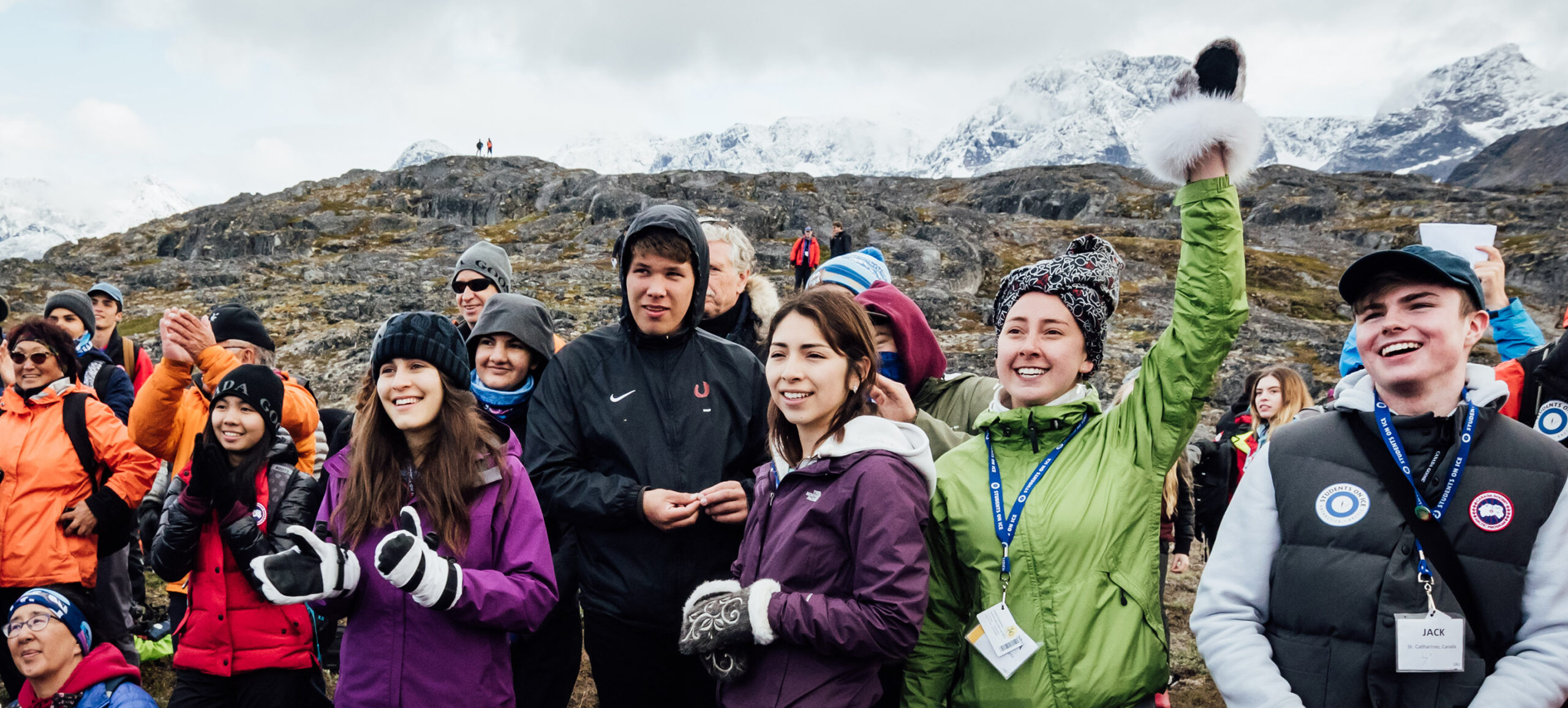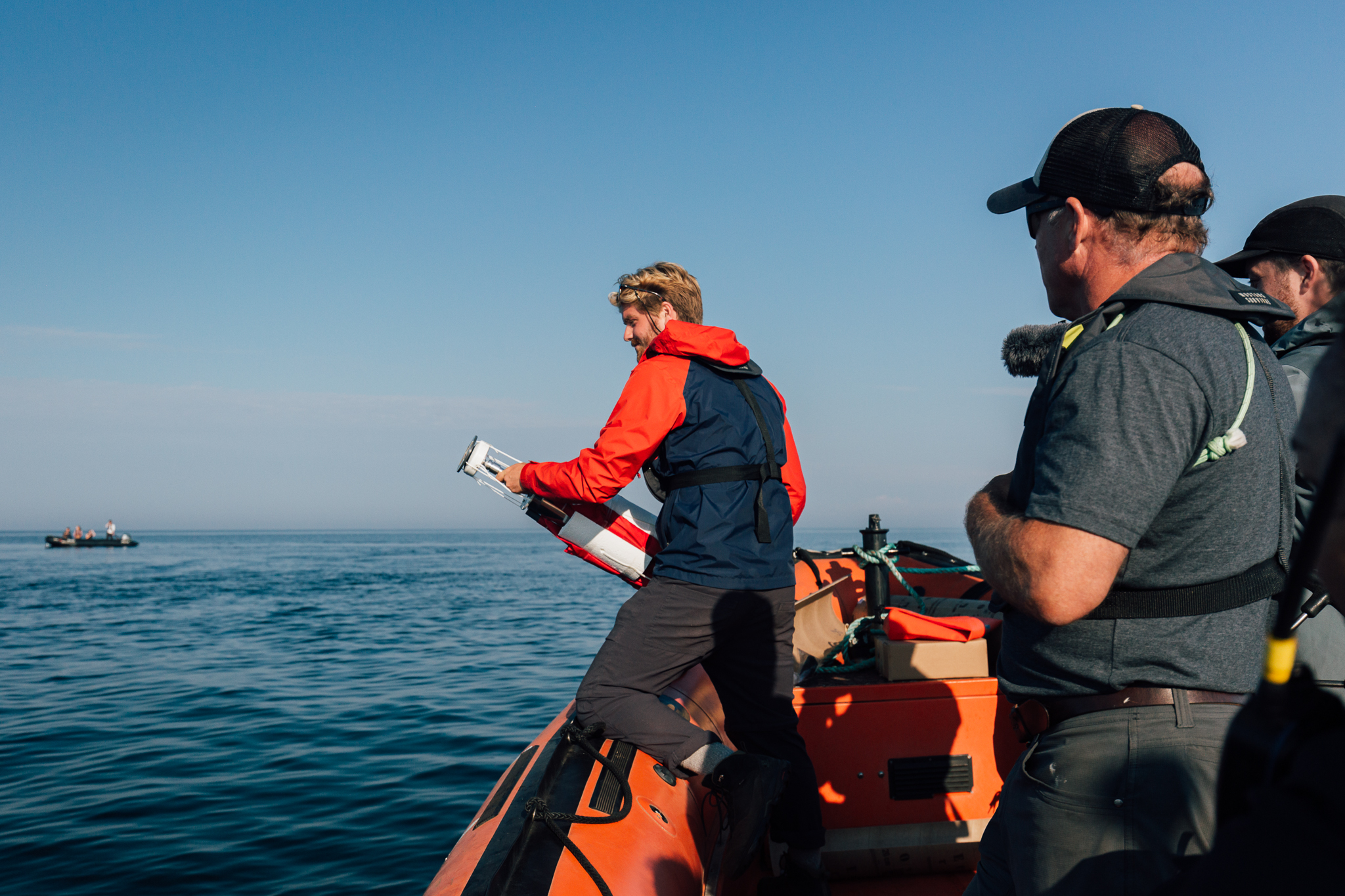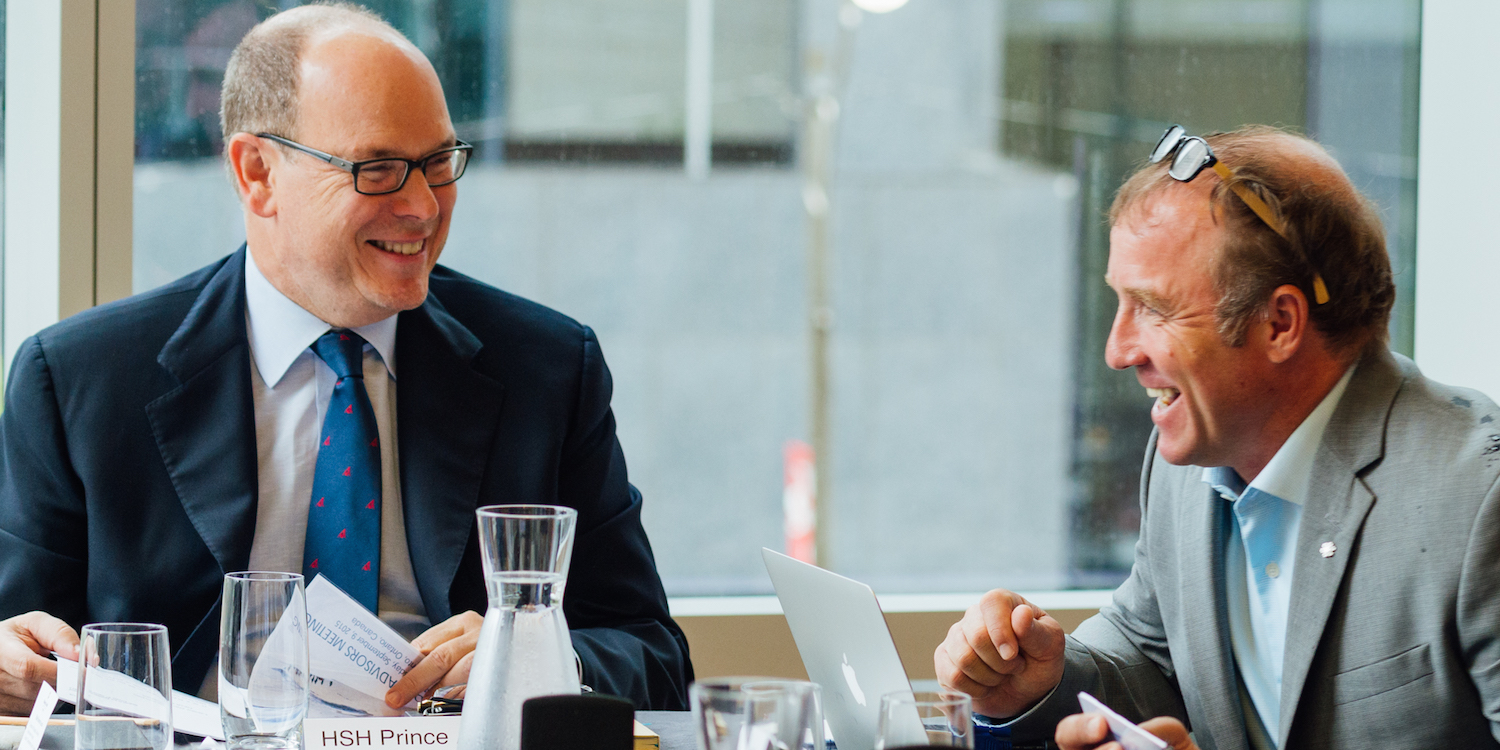Antarctic Delegation Reflective Blog: Ronnie Noonan-Birch
As an Early Career Ocean Professional (ECOP), I did not envision myself going to Antarctica any time soon, especially not on a tourism vessel. Aside from our delegation, it seemed that most of our fellow passengers were there to “check off the 7th continent.” While amongst others with a vacation mindset, we were having daily conversations about the various social, economic, and environmental issues of Antarctica. This juxtaposition is what sparked the topic for this blog post and what follows are my opinions and observations on Antarctic tourism.
Writing about tourism’s role in Antarctic conservation is of particular interest to me as my own master’s research looks at Canadian industry responsibility to ocean health. A similar concept applies to both topics; conservation should be seen as an investment, not a cost to operations. Companies profit from Antarctica’s well-preserved environments. However, Antarctica is experiencing climate change and other anthropogenic impacts which, if left unchecked, will alter its sought-after landscape. Tourism’s investment into Antarctic conservation is also an investment into their asset. This is a necessary act of reciprocity if we are to continue admiring Earth’s ice continent.

Beyond tourism’s interests, it is imperative that we preserve Antarctica’s function as a climate change regulator. The Southern Ocean plays a key role in atmospheric CO2 and heat exchange as well as bringing important, nutrient-rich waters to warmer climates. This function is at risk of breaking down as our planet continues to warm. It is ironic that Antarctic tourism is incredibly CO2 intensive. Our delegation spoke to the International Association of Antarctic Tourism (IAATO) about this quandary and what its members are doing to reduce their carbon footprint.
IAATO’s position is that by bringing people to Antarctica, they will become “ambassadors” for the continent and its struggle against climate change. The idea is that if you love it, you’ll want to protect it. But IAATO’s current ambassador program falls short. Its focus, like many other climate change initiatives, puts too much onus on the individual i.e., taking shorter showers, turning off lights, etc. It lacks the ability to track meaningful change. As for IAATO’s operator members, there are no mandatory requirements to track carbon emissions, invest in conservation, or educate guests on the anthropogenic impacts to Antarctica outside of interacting with wildlife. I’ve heard that some tourism operators don’t want their staff to even mention climate change. There is a perceived fear that by addressing the elephant seal in the room, it will cost the tourism industry. But by not, how much longer will the industry be able to continue?
The future of Antarctic tourism is dependent on its ability to contribute to Antarctic conservation. The beginning of this is seen through citizen science initiatives. Because it is so resource intensive to conduct science in Antarctica, we are left with knowledge gaps in understanding how the continent is being impacted by climate change and increased human activity; citizen science can help alleviate this problem. While on board, the delegation participated in many of the citizen science initiatives which Polar Latitudes partners with. An important one for tracking climate change impacts is FjordPhyto; a research study collecting baseline data on the phytoplankton population of the Southern Ocean. This is a great first step but if change is expected after passengers disembark, there needs to be more.
“I think that there is an unserved demographic that wants to not only experience Antarctica but also learn how to protect it…”
– Ronnie Noonan-Birch, Antarctic delegate
I don’t agree with the fear that guests would be deterred from attending a cruise if there was greater climate change education on board. I think that there is an unserved demographic that wants to not only experience Antarctica but also learn how to protect it; a tourism cruise that stimulates the same discussions our SOI delegation was having but for all passengers on board.
IAATO isn’t structured to hold tourism operators accountable to Antarctic conservation; it isn’t a regulator. That is the tricky thing about Antarctica, the continent is governed by a consensus-based treaty system consisting of 29 consultative countries. This makes top-down decisions slow and cumbersome; something that we do not have the luxury for with impending climate change impacts. Companies themselves need to recognize the importance of being environmental stewards and put pressure on the industry to step up. They should look to programs like Blue Futures Pathways to create a workforce to make this happen.
I want to acknowledge the obvious, that it was just as CO2 intensive for me to go to Antarctica as it is for any other tourist. With many thanks to SOI, I am walking away from this privileged experience with a newfound love of Antarctica. But, also with debt; how do I make sure I can give back to the continent that gave me so much? I hope one day I can do Antarctica proud.
